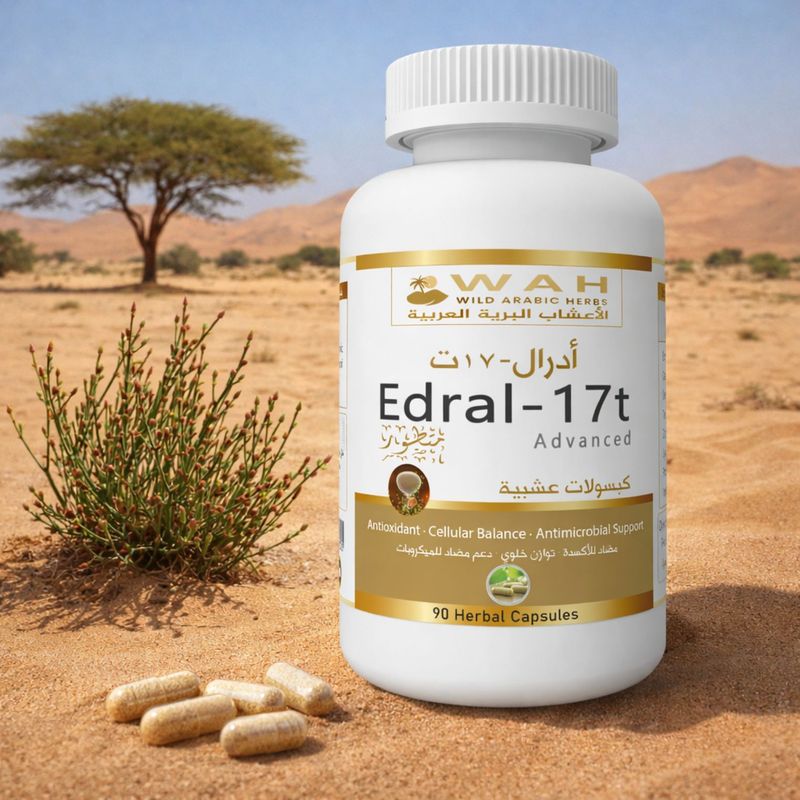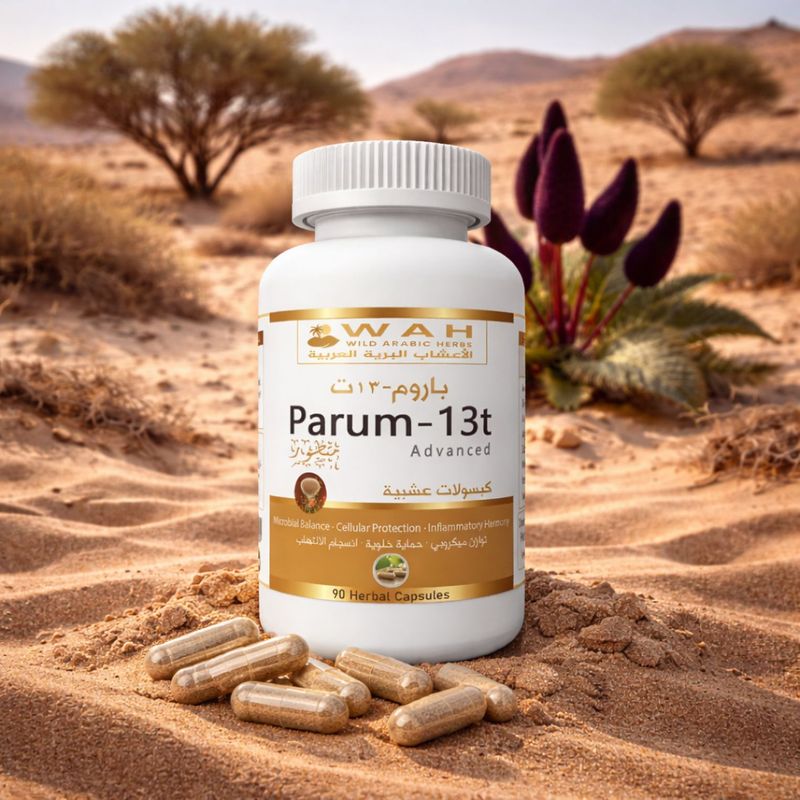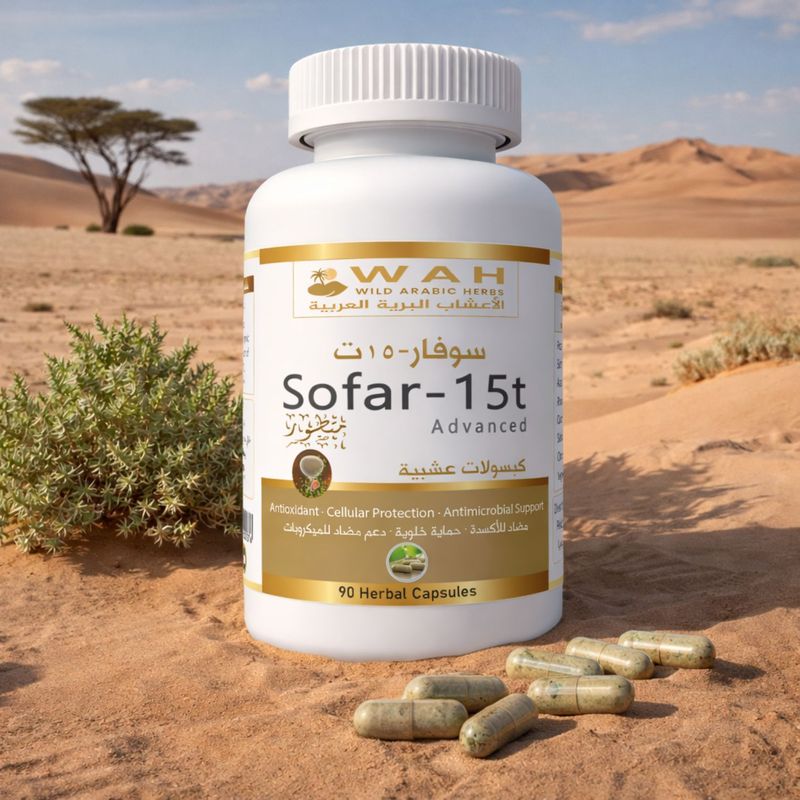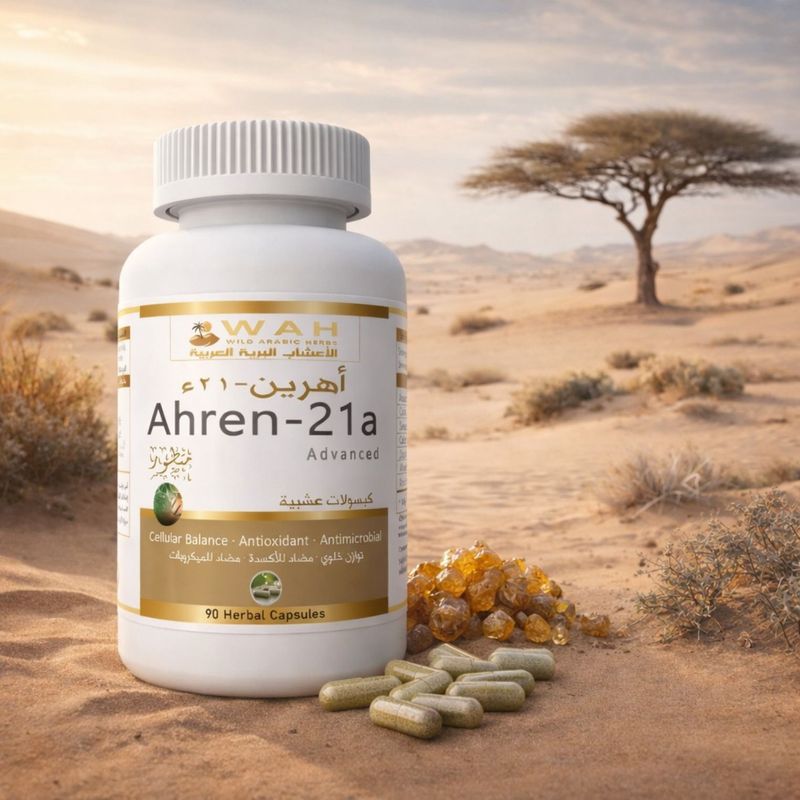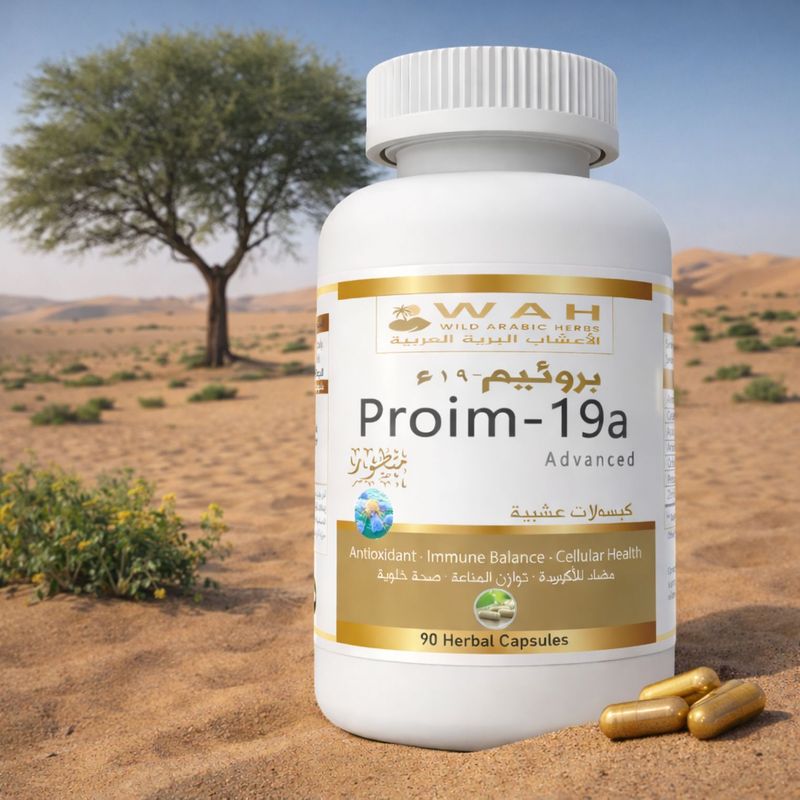Prostate & Testicular
The Potential of Desert Herbs s in Supporting Patients with Malignant Diseases of Prostate and Testicles
A prophetic saying reminds us:
“God has not sent down any disease on Earth except that He has also sent down its cure. Some people know it, and some do not.”
This aligns with modern findings, which show that nature contains bioactive substances with irreplaceable therapeutic value. Arab medical traditions have long used desert plants for treatment, and today pharmacological research is confirming this potential.
Under extreme climatic conditions, these plants produce powerful curative compounds such as flavonoids, alkaloids, terpenoids, and polyphenols, which have demonstrated significant biological activities:
- Antioxidant – neutralize free radicals and protect DNA.
- Anti-inflammatory – reduce the production of inflammatory cytokines such as TNF-α and IL-6.
- Anticancer – inhibit cell proliferation, induce apoptosis, and prevent metastasis.
- Selective cytotoxicity toward tumor cells while sparing healthy cells.
- Immune-stimulating, enhancing the body's regenerative capacity.
A new hope for patients
In the hands of experts, the nature of the desert becomes a powerful ally of modern medicine, offering not only hope but also concrete prospects for confronting one of the greatest challenges of our time.
